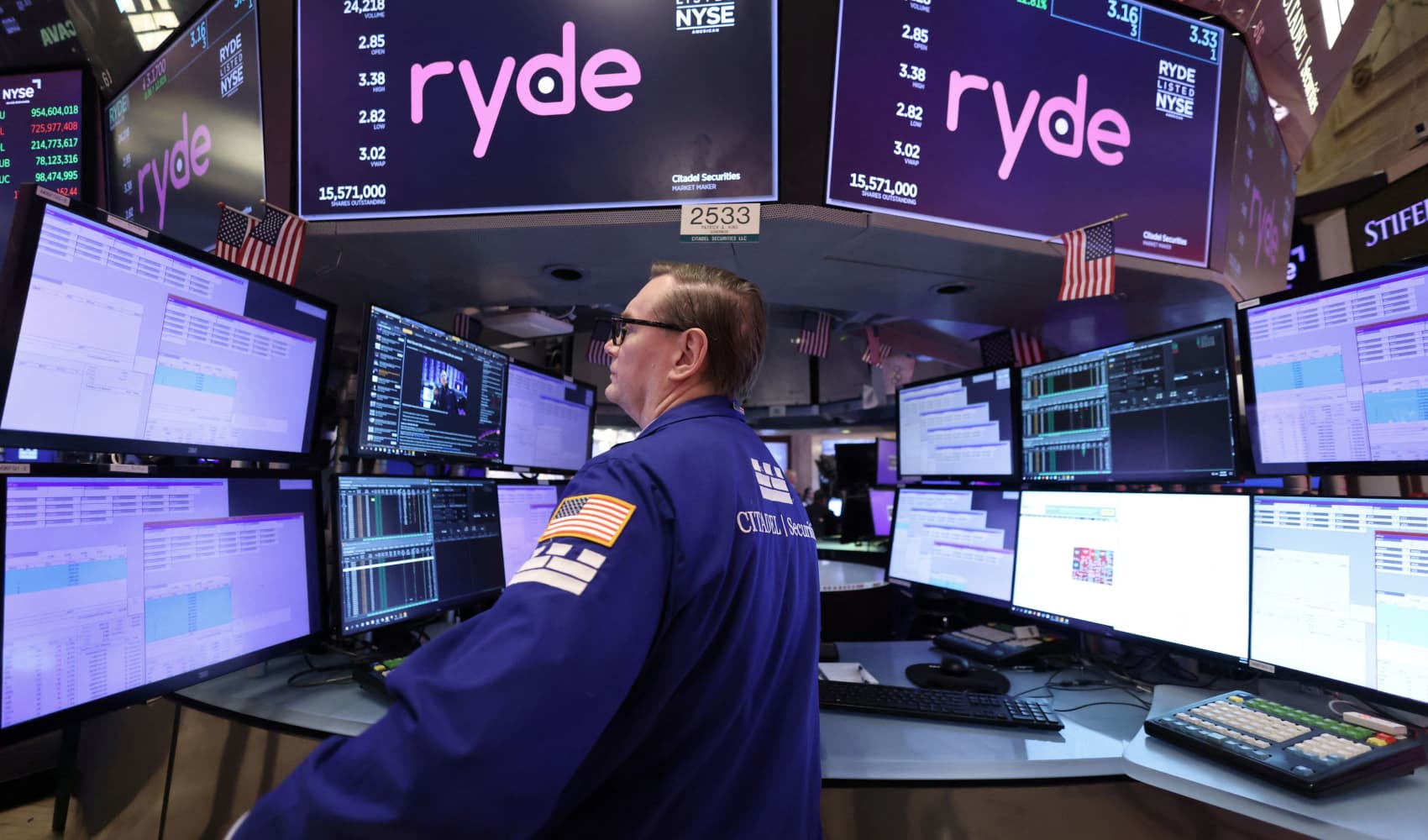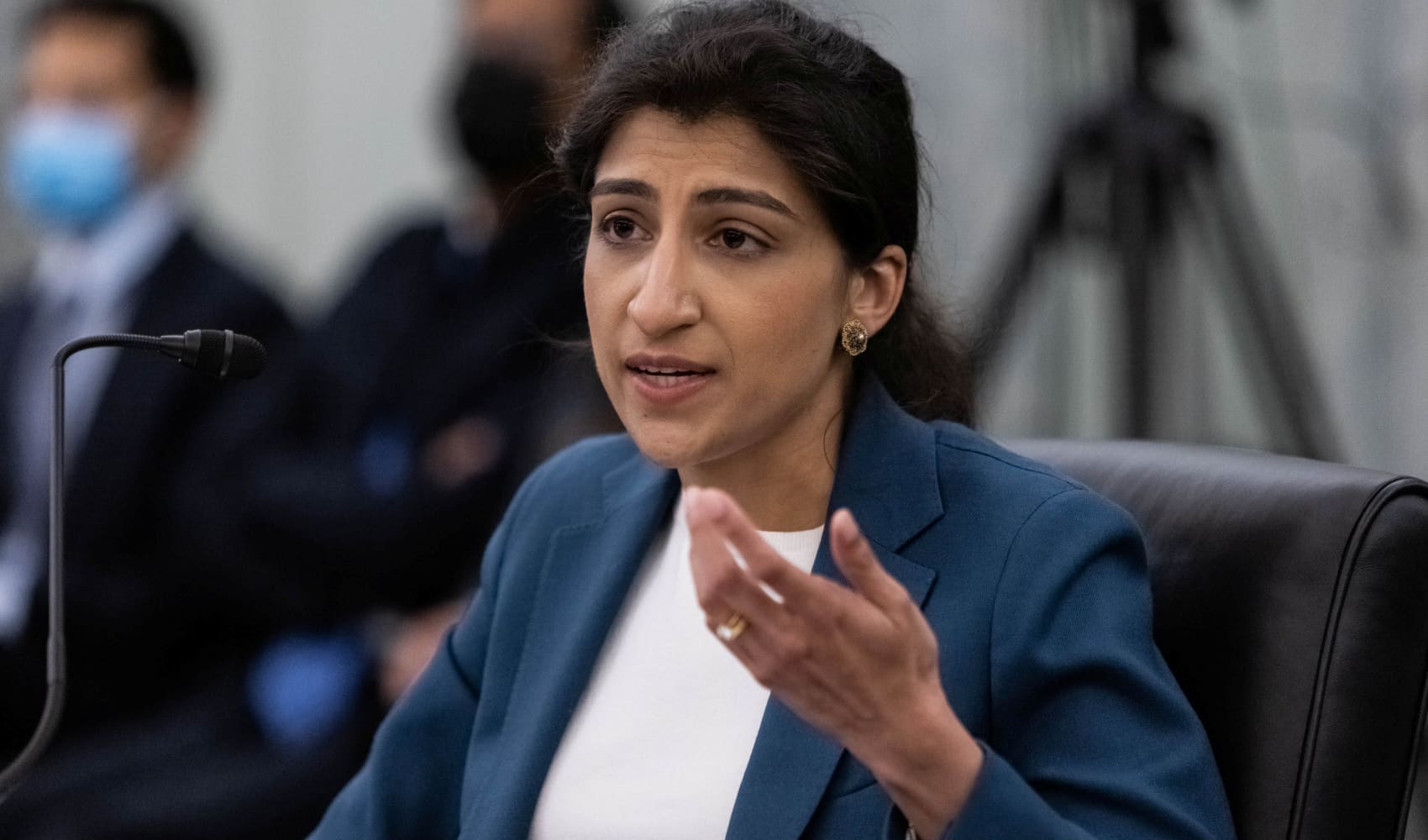
- Democrats reintroduced the PRO Act, the sweeping labor rights bill the House first passed last year, as they stress the need to improve worker benefits and safety during the coronavirus pandemic.
- The legislation would allow financial penalties on companies that violate labor laws and aims to reduce the use of the independent contractor classification for workers, among other provisions.
- Republicans and major business groups have opposed it, making its passage in the Senate doubtful.
Democrats reintroduced a sweeping labor rights bill on Thursday, touting it as a means to create safer workplaces and boost employee benefits during the coronavirus pandemic.
The party put forward the PRO Act, a measure designed to promote union organizing and approved by the House last year. The legislation would:
- Allow the National Labor Relations Board to levy fines against employers who violate workers' rights
- Give employees more power to participate in strikes
- Weaken so-called right to work laws
- Offer certain independent contractors the protections held by employees
Republican lawmakers and the Chamber of Commerce have argued that the plan would hamstring the economy, making it doubtful Democrats will win the 10 GOP votes needed to push it through the Senate. Even so, the bill highlights Democrats' push to strengthen labor unions after years of eroding membership.
House Education and Labor Committee Chair Bobby Scott, D-Va., said the bill would help essential workers secure higher wages and paid leave as the virus spreads.
"The COVID-19 pandemic has demonstrated the urgent need for Congress to protect and strengthen workers' rights," he said in a statement Thursday. "Over the past year, workers across the country have been forced to work in unsafe conditions for insufficient pay, because they lacked the ability to stand together and negotiate with their employer."
Money Report
The reintroduction of the bill underscores the party's renewed focus on using unified control of Congress and the White House to boost labor rights. President Joe Biden, who throughout his campaign said "unions built the middle class," has taken early steps to buoy workers' right to organize.
On his first day in office, Biden fired Peter Robb, the National Labor Relations Board general counsel whose moves labor leaders had criticized. He also chose a union leader in Boston Mayor Marty Walsh as his Labor secretary.
The Senate Committee on Health, Education, Labor and Pensions held Walsh's confirmation hearing on Thursday morning. During her introduction of Walsh, committee Chair Sen. Patty Murray of Washington touted the PRO Act as one of the policies she aims to pursue.
The PRO Act would empower the NLRB by allowing it to bring penalties against companies or even corporate directors who violate labor laws. The bill also calls on the NLRB to reinstate employees while their grievance against an employer is heard.
If passed, the bill would curb the power of Republican-backed laws passed across the country that prevent workers from having to join a union or pay dues as a condition of employment. It also seeks to reduce the use of the independent contractor classification by companies such as Uber. The question of whether to classify so-called gig workers as employees has become a point of contention in California.
When Democrats introduced the legislation in 2019, Chamber of Commerce executive Glenn Spencer called it "bad for workers, employers and the economy."
Republican leaders have made unions a target in the Biden administration's early days. Teachers, one of the most heavily unionized professions, have resisted going back to in-person instruction in some cities as they worry about contracting the virus.
On Wednesday, the head of the Centers for Disease Control and Prevention said schools can safely reopen even if teachers do not receive the Covid vaccine. Senate Minority Leader Mitch McConnell, R-Ky., criticized on Wednesday what he called "the whims of powerful public-sector unions" in calling for students to return to school.






